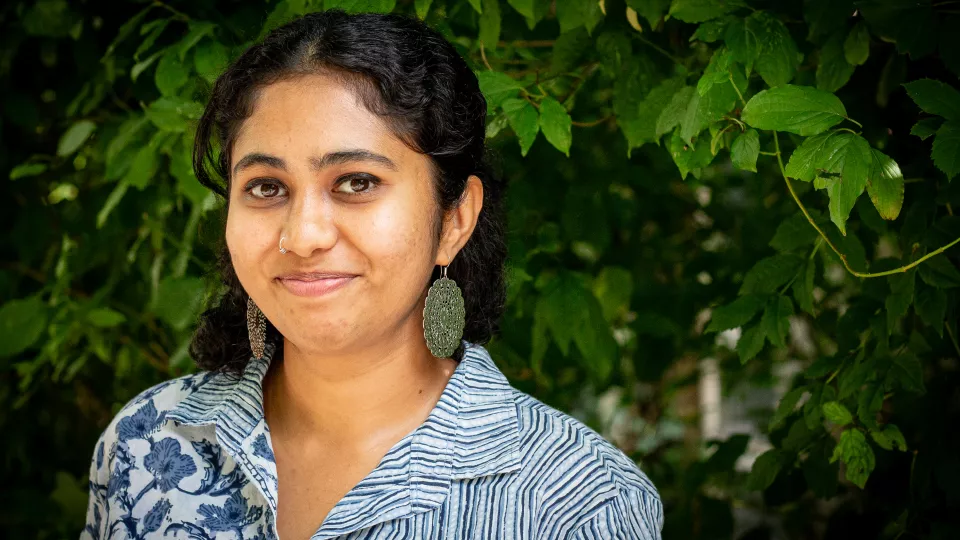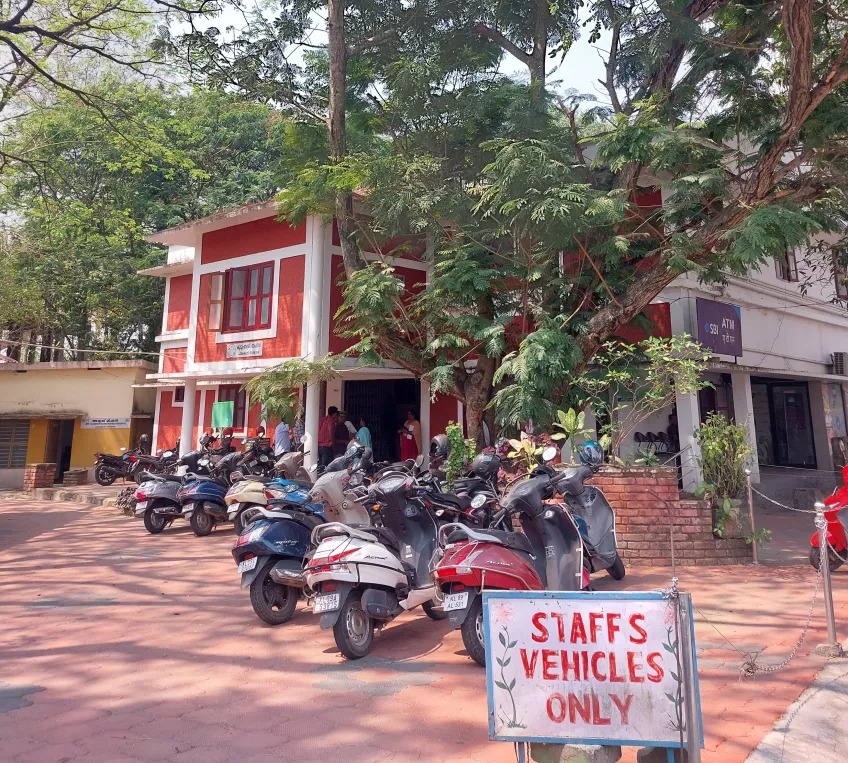Sahana Subramanian, recently admitted as a doctoral student at LUCSUS, was introduced to the concept of ‘urban employment guarantee schemes’ (UEGS) during her time as a research assistant at Azim Premji University’s Centre for Climate Change and Sustainability, Bangalore in 2020. An UEGS is, as described by NIC Kerala State Center (new page), a state tool to guarantee income for unemployed urban families, guaranteeing adult members hundred days of wage employment in exchange for volunteering in unskilled manual work
At the time, Sahana found the UEGS to be a very interesting and important case, and it later became the focus of her thesis “Expanding Freedoms and Improving Commons through Labour: A Study of Kerala’s Ayyankali Urban Employment Guarantee Scheme”, in Environmental Studies and Sustainability Science at Lund University:
– I was interested in this topic given my background in economics and had the desire to explore it further in a sustainability science context. My decision to study this topic was also influenced by the current politics in India, the migrant worker distress in the country post the 2020 COVID-19 lockdowns, and the sustainable development concerns in India.
To study the case, Sahana brought in concepts and theories from the field of sustainability science that she found particularly exciting, which allowed her to broaden her perspective and make the topic relevant to more disciplines. She believes this important, as the UEGS can be used to solve not one, but two intertwined problems faced in urban India:
Urban India is facing a twin crisis. On the one hand, there is a declining quality of life in public spaces that is driven by the lack of public services and the stress on urban commons. On the other hand, there is an unemployment crisis that is largely a consequence of the unprecedented COVID-19 lockdowns in the country.
She later submitted her thesis to the SASNET Best South Asia Thesis Award 2022/2023 and was chosen as this year's awardee.
– Her thesis is highly topical and holds great relevance for the academic community as well as for non-academic audiences. While it undoubtedly addresses issues that are of key importance to South Asia as a region, its significance is truly global in scope, says Ted Svensson, SASNET Director.
As for now, Sahana will focus on her new position as a doctoral student at LUCSUS at Lund University. There she will conduct research exploring the plural values of human-nature relationships in the glaciarised environments of the Himalayas of India and Nepal.
The thesis can be found and read here (new page)
Read more about the SASNET Best South Asia Thesis Award here (new page).

